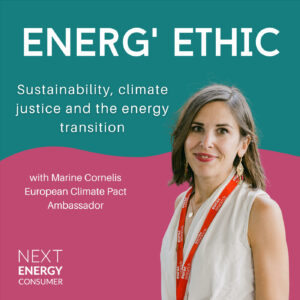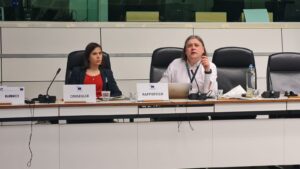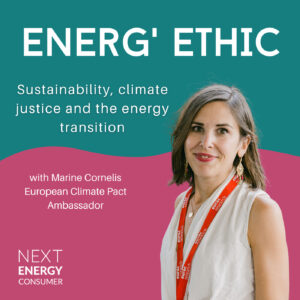Between January and March 2022, I got the opportunity to travel to Burkina Faso and Northern Madagascar for the EURICA project (LEAP-RE Grant Agreement 963530). What I saw in those two African countries sums up all the paradoxes of our time.
You may have seen it on LinkedIn or Twitter: in the last few months, I had the opportunity to discover two African countries, Madagascar and Burkina Faso. These visits took place in the framework of the EURICA project (2021-2023, part of LEAP-RE), a project aiming at improving electricity distribution. I am in charge of human needs analysis and capacity building coordination. LEAP-RE is an ecosystem funded by the European Union and has about a hundred members, half of whom are African.
“Electricity brightens life”
More than 600 million people, half of the sub-Saharan population, lack basic access to electricity, and many of those having electricity access suffer very poor quality supply. Besides, for sub-Saharan African countries such as Burkina Faso and Madagascar, the adoption of the so-called Western (industrialised countries) lifestyle, leads mechanically to an increase in electricity consumption. People want better comfort and to achieve this, they need better supply. Electricity means being able to connect your phone, listen to music, watch television, store your medicines, or run your fridge. In practice, it enables you to access new ways of educating yourself, broadening your horizons, developing your business, or improving your health.
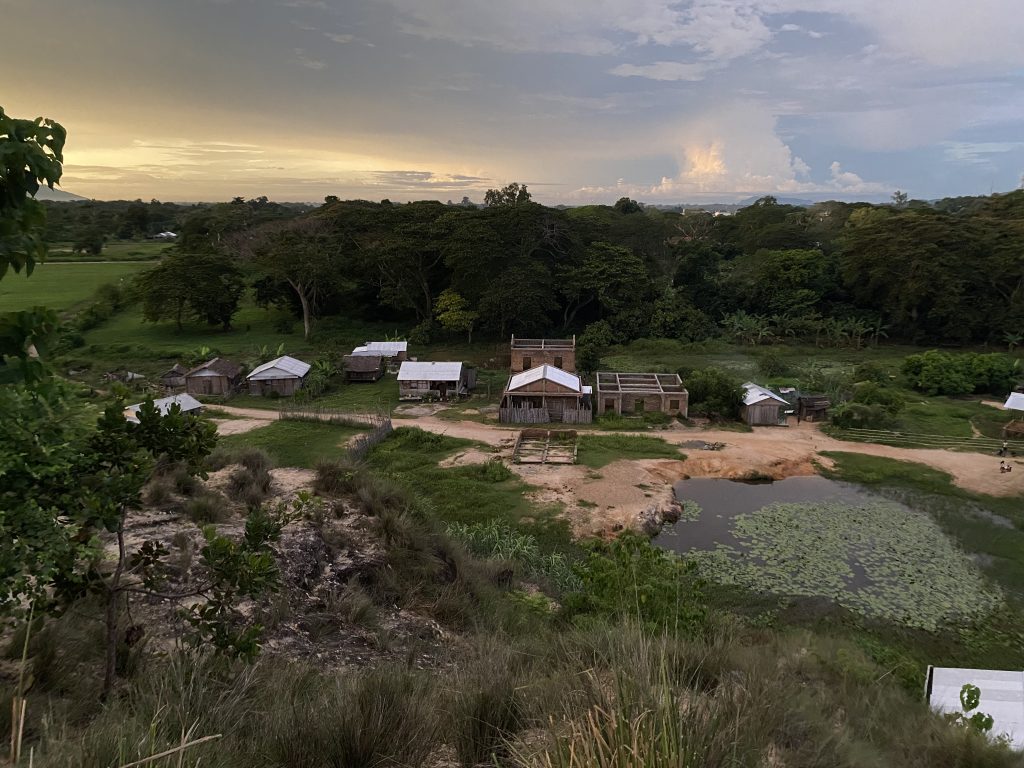
The challenge is therefore to combine boosting electricity access with sustainability (using clean energy sources) and resilience (ability to accommodate future needs and address climate change). How can a combination of technology, sociology and organisation enable this?
EURICA
EURICA leads 2 pilot projects: one in Ouagadougou, Burkina Faso, and one in the district of Ambanja, in Northern Madagascar. Those two pilots well represent the challenge of African electrification: in Ouagadougou, many people are connected to the electricity grid but experience supply shortages during the warmest season (March to May); while in Ambanja, many people are not – and will probably never – be connected the main electricity grid and therefore rely on alternative, brought as nanogrids by Nanoé (listen here to an interview with Nanoé’s co-founder, Nicolas Saincy). Hence, EURICA uses those two case studies to underline the needs and demonstrate how technological, sociological and organisational aspects can be combined to provide better electrification.
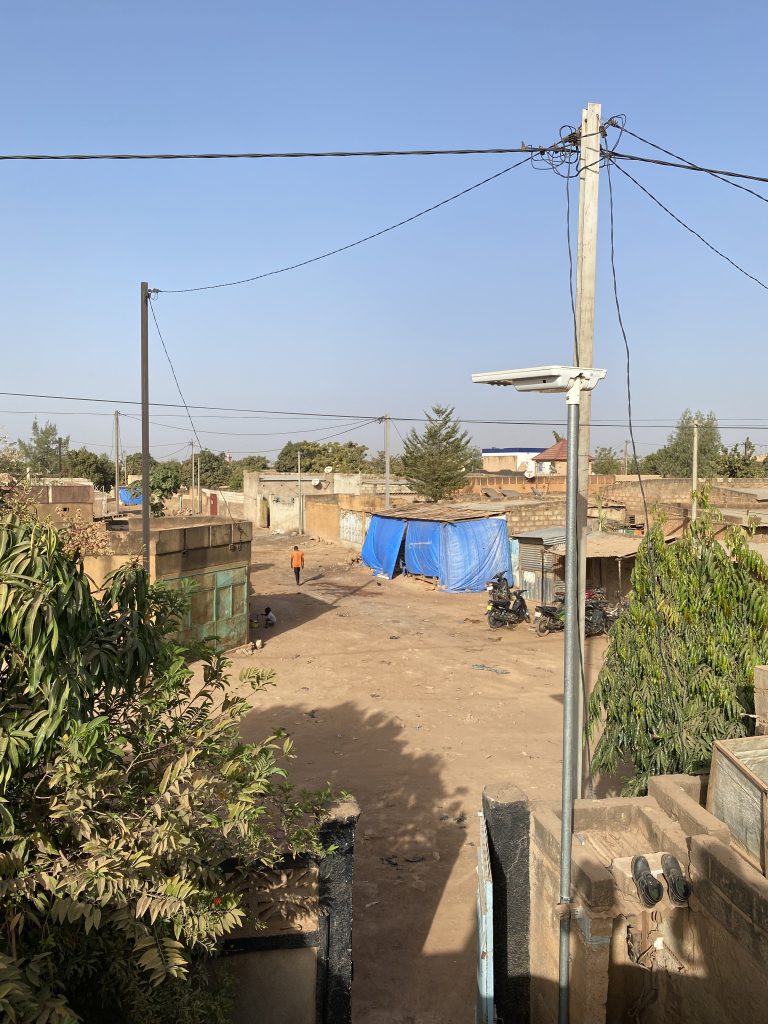
Ouagadougou
From 17 to 21 January 2022, I met several partners in Ouagadougou, Burkina Faso, and in particular SONABEL, the public utility. The week consisted of dozens of stakeholder interviews, such as solar SMEs, Universities, social scientists, international donors, NGOs and end-users. The interviews I conducted aimed to collect data from local stakeholders to be used in the development of locally-tailored research methods. My mission was to better understand field needs, in particular, the needs and expectations of energy consumers and to define the associated technical requirements. Partners also met with entrepreneurs who support women’s cooperatives to access photovoltaic installations. Local knowledge is fundamental for the development of the project and its adequacy in addressing local challenges and meeting the needs of the local people.
The fierce look in the eyes of women riding their bikes and scooters in the streets of Ouagadougou taught me everything I need about dignity and using “my” energy to build a better future. It also made me think that we urgently need to think about e-vehicles in Africa, as they will arrive sooner or later.
Northern Madagascar
Between 19 and 30 March 2022, I travelled to Northern Madagascar, in the rural district of Ambanja. The aim of the visit was to inquire how Nanoé’s nanogrids are making a difference in people’s lives. As the main grid will never reach this rural area, many organisations, both NGOs and private companies, are looking for solutions to enable households to have access to electricity. Solar kits and diesel generators are common, but they are often not sufficient, and their quality can be questionable. Nanoé, one of EURICA’s partners, has therefore developed a “nanogrid” system, with solar panels and batteries, interconnecting houses. The innovation does not only rely on the hardware but also on commercial processes: rather than offering kilowatt-hours for a certain price, Nanoé sells various packages of electricity services for a fixed fee chosen by the users according to their needs. This model is known as “electricity-as-a-service“. This business model has proven itself in other sectors, such as telephony or video streaming.
The discussions I held with families underlined a strong trust relationship between Nanoé’s user and the nanogrid. The families who are connected to it have often been disappointed with cheap solar kits: the batteries are very expensive, and their performance is mixed. Others have been disappointed with appliances and products bought on the markets, which are often reconditioned or poorly made. Hence, many of the households we met are equipped with a hybrid system: some appliances are connected to the nanogrid, others to a solar kit. With Nanoé, families have shared being confident in the quality of the supply and the appliances provided. They also appreciate knowing exactly what they will pay thanks to a flat rate system adapted to their needs.
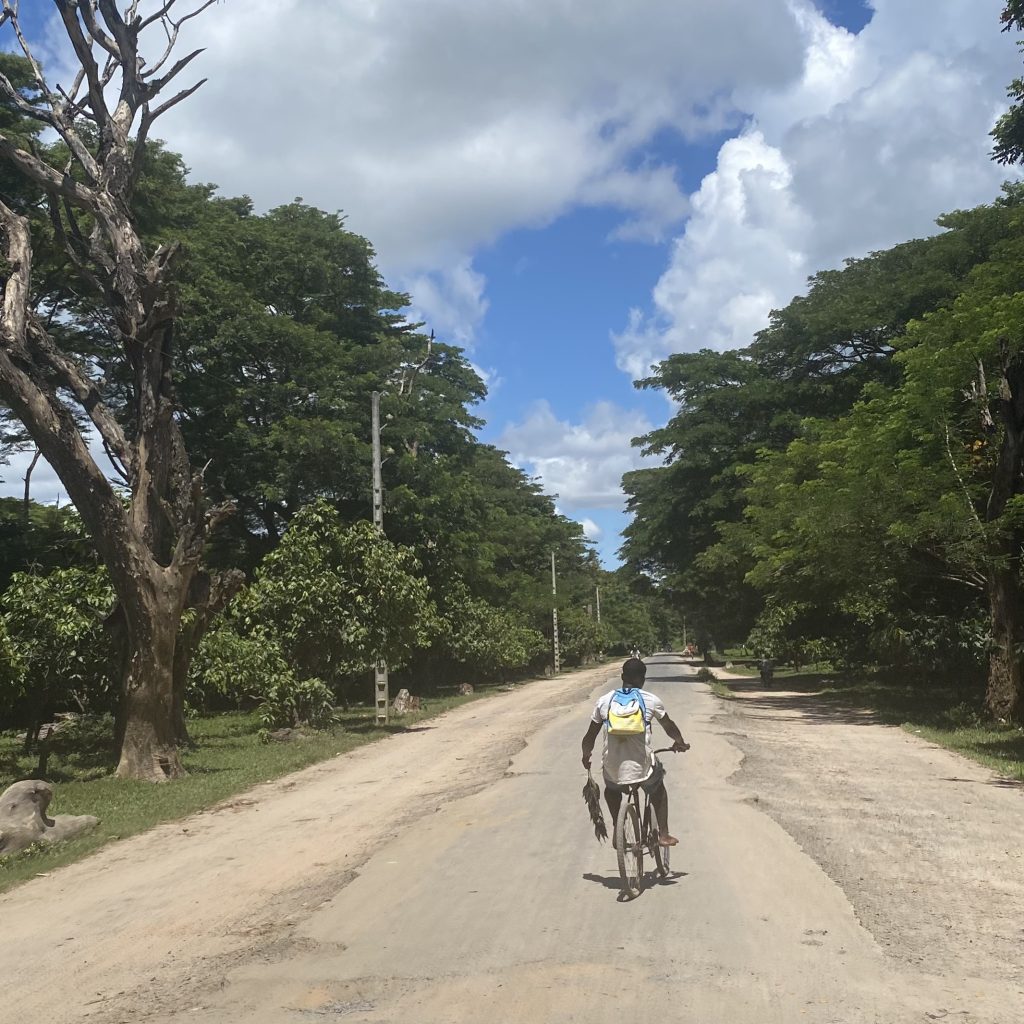
Some personal thoughts
Women and girls are the first to be affected by the lack of access to electricity, so their participation must be prioritised, both as consumers, economic agents (entrepreneurs, employees in the solar sector) and political leaders. Likewise, solar electricity represents a formidable development lever for the African continent. While some will engage in solar to support a secure grid connection and already relatively high consumption, for others solar electricity is the only valid technology to “escape the darkness”.
Electricity, more broadly, must serve human development. Interviews, discussions, field trips and reports produced for LEAP-RE show clearly that its access remains a huge challenge for African people that will not only be solved by technical solutions. Indeed, the battles to control land and resources are fuelled by corruption. But African people show admirable courage, talent, and wisdom. Hard work means being able to provide for your family. What we consider waste may be in fact, assets. They know exactly what it means to be energy-efficient, sufficient, self-conscious, and empathetic. Qualities that are proving to be essential in the face of the climate and energy crisis we are experiencing. Because everyone wants their children to have a better life.
They have much to teach us, Europeans, about the social issues behind our societal choices. We need to listen more to these women and men from Africa, who can share their wisdom, patience and resilience with us. As the Zulu ubuntu philosophy says, “I am what I am because of who we all are”.


